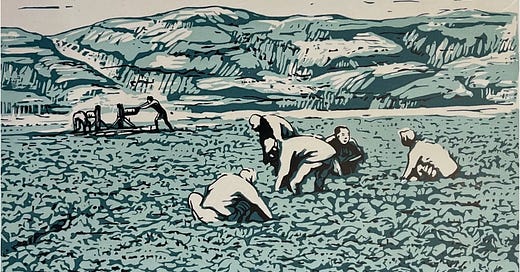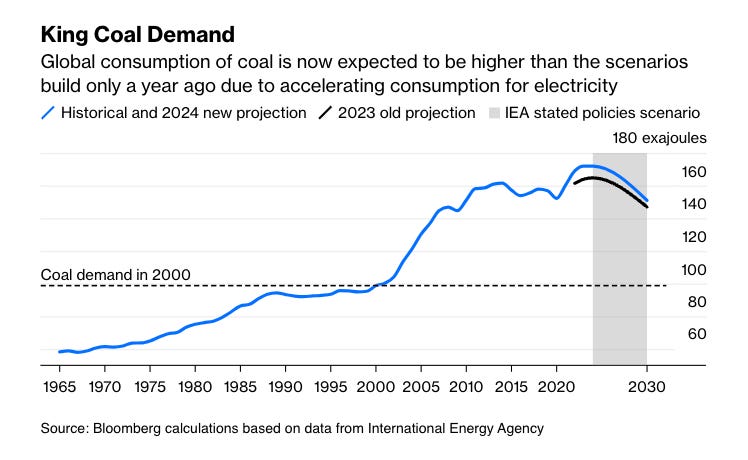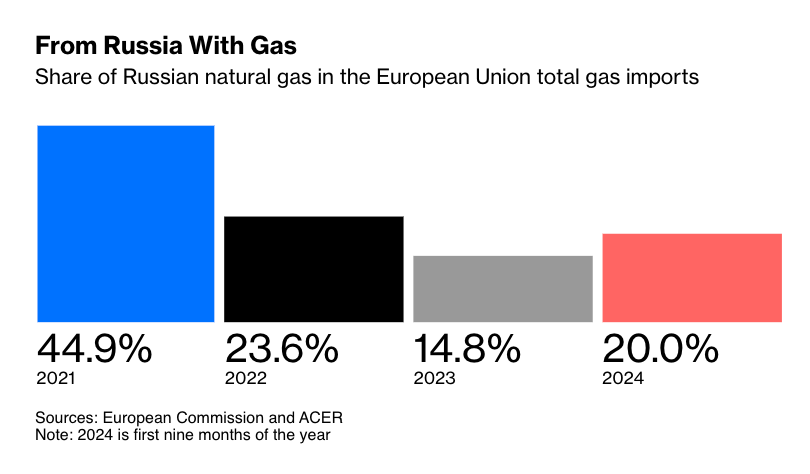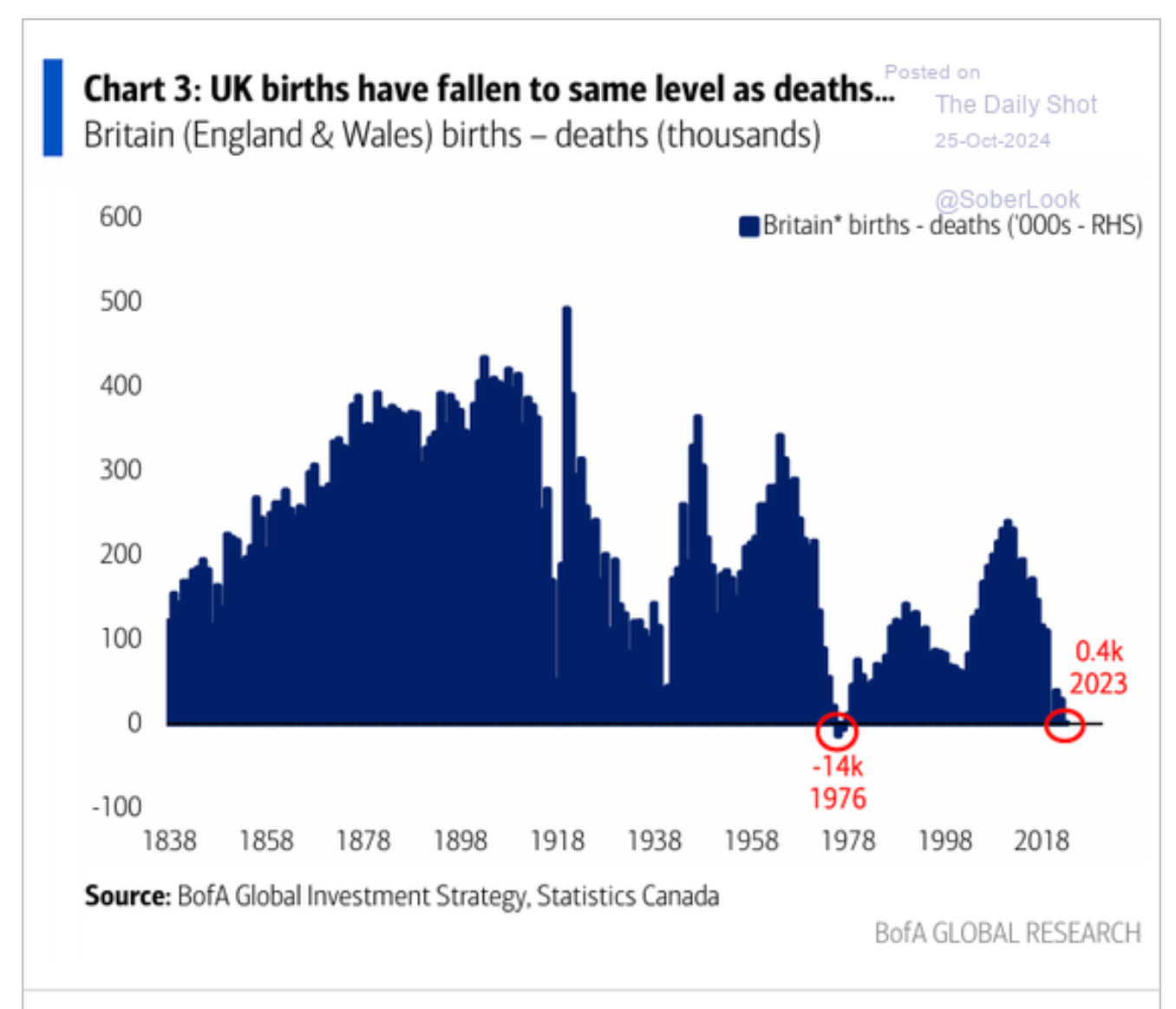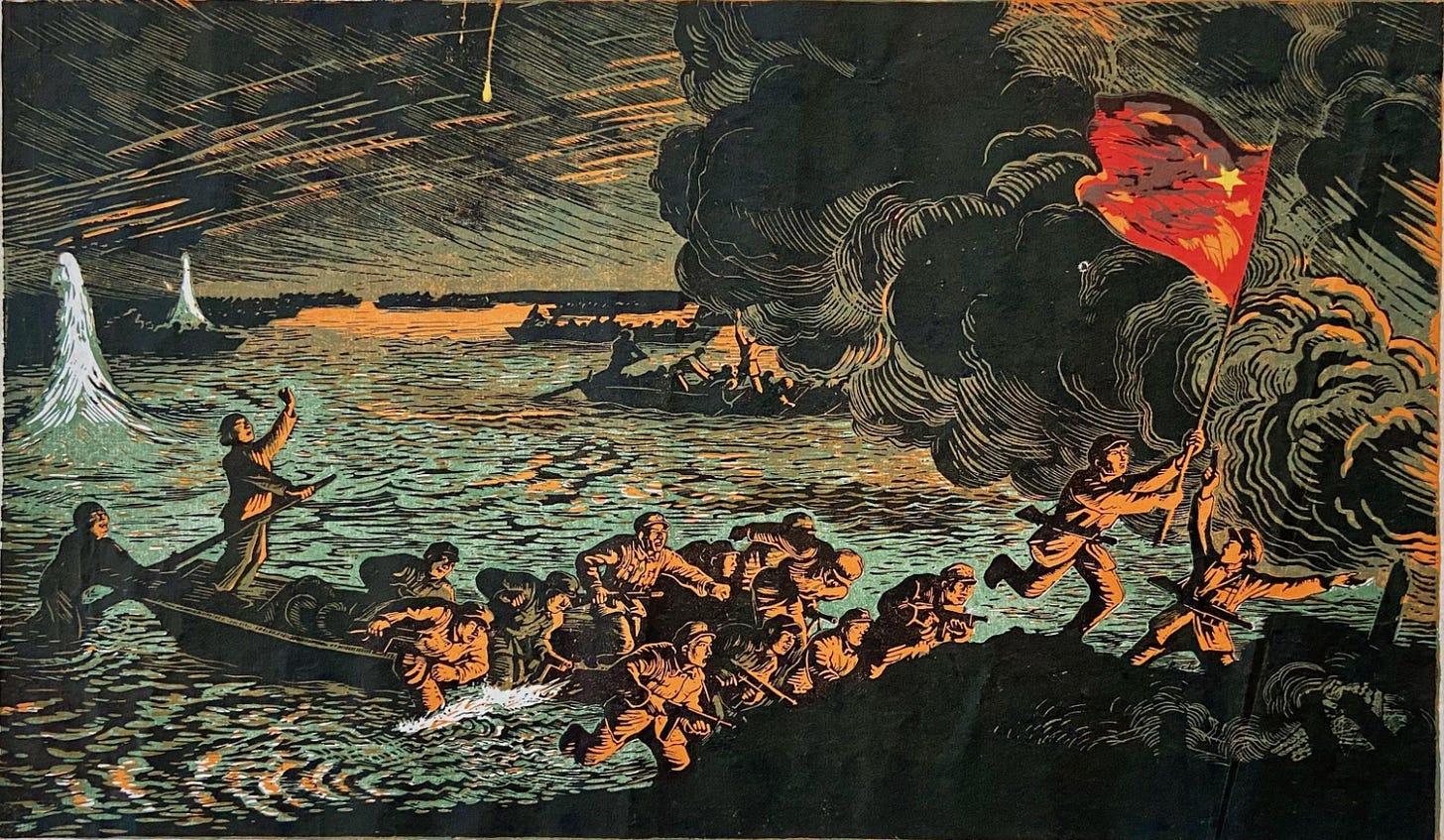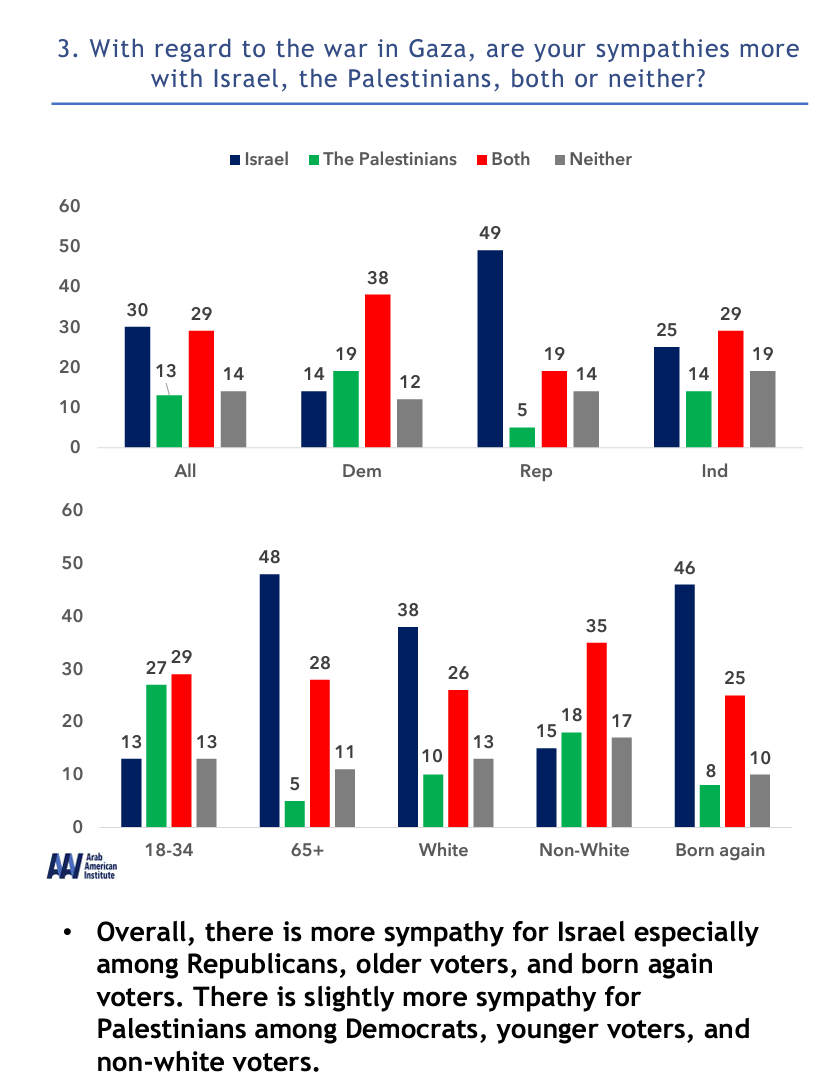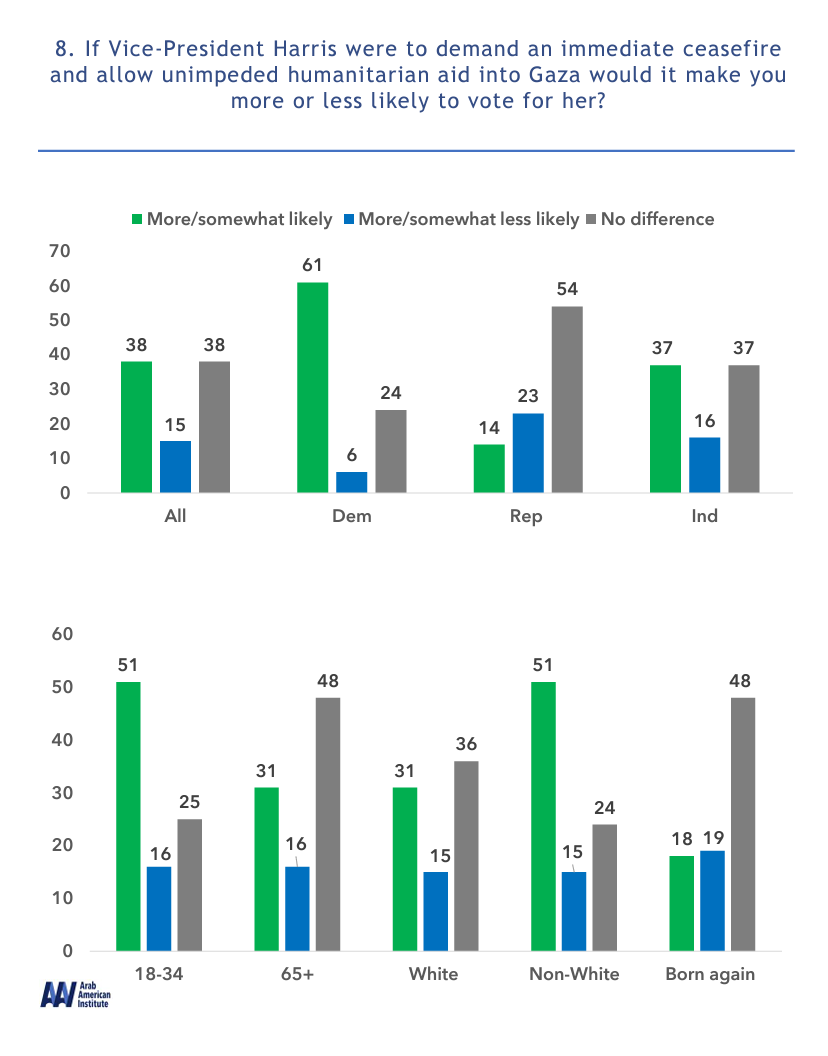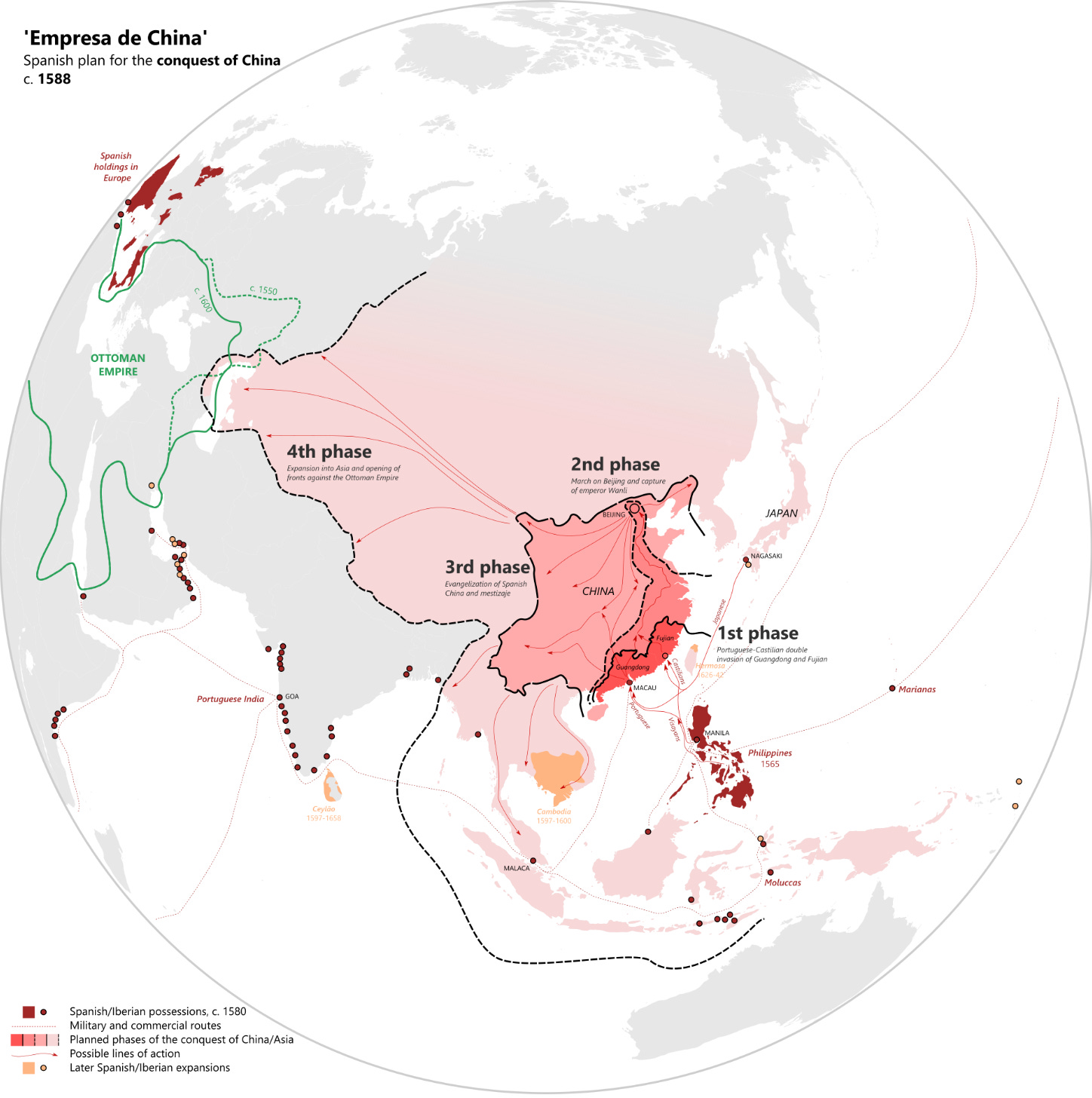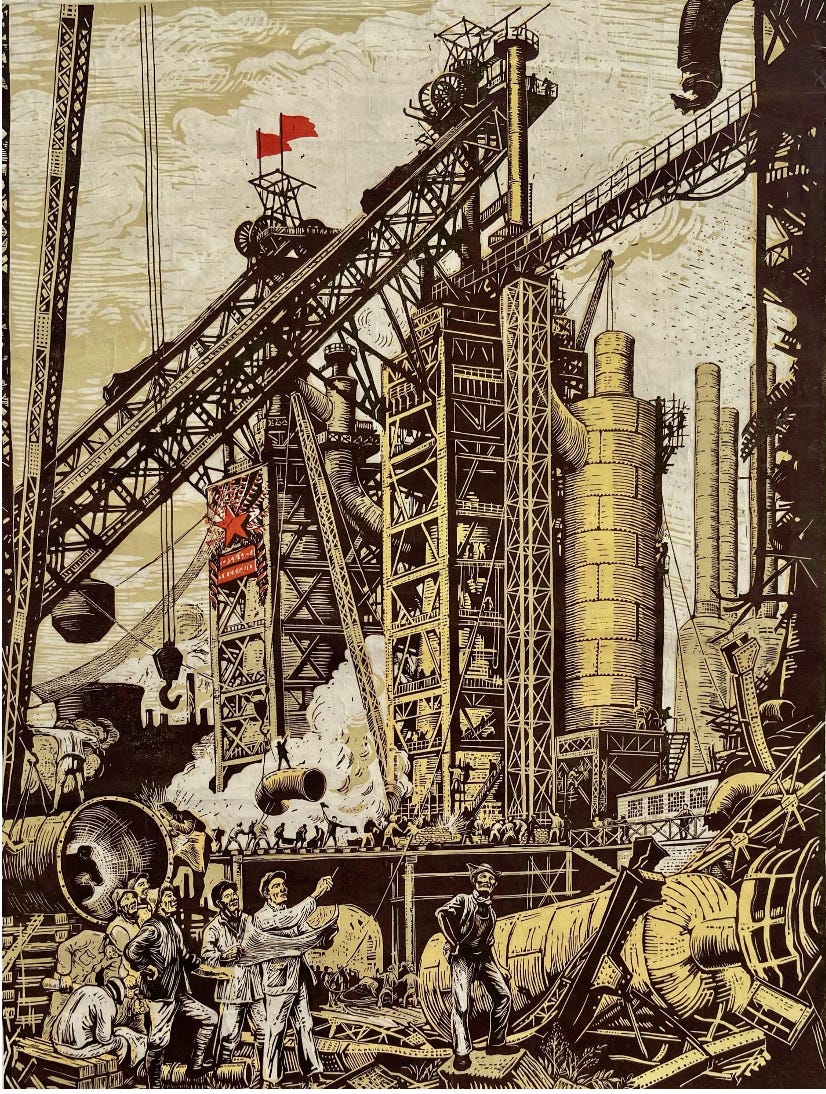King coal. How Europe is still buying Russian gas. Big money is not speaking up for Harris & the Empresa de China.
Great links, images and reading from Chartbook Newsletter by Adam Tooze
Hi, thank you for opening the Chartbook email.
Gu Yuan (Chinese, 1919-1996). “Field Work Woodblock Print,” (1952). Source: China Daily
Striking data shows that surging global electricity demand has driven global coal consumption to record highs.
Source: Javier Blas at Bloomberg
HEY READERS,
THANK YOU for opening the Chartbook email. I hope it brightens your weekend.
I enjoy putting out the newsletter, but tbh what keeps this flow going is the generosity of those readers who clicked the subscription button.
If you are a regular reader of long-form Chartbook and Chartbook Top Links, or just enthusiastic about the project, why not think about joining that group? Chip in the equivalent of one cup of coffee per month and help to keep this flow of excellent content coming.

If you are persuaded to click, please consider the annual subscription of $50. It is both better value for you and a much better deal for me, as it involves only one credit card charge. Why feed the payments companies if we don’t have to!
And when you sign up, there are no more irritating “paywalls”
Air conditioning is likely to drive three times more demand for electricity than data centers
For contributing subscribers only.
Russia’s share of Europe’s gas imports has more than halved, but it is still substantial.
Source: Javier Blas at Bloomberg
The UK’s natural demographic growth has fallen to zero.
Source: Mike Zaccardi
Gu Yuan (Chinese, 1919-1996). “The Battle of Victory,” (1950). Source: Invaluable
The hushed support behind Harris
Vice President Kamala Harris has won endorsements from a wide array of business leaders. But some of her highest-profile backers — who include Jamie Dimon of JPMorgan Chase and Bill Gates — aren’t loudly proclaiming their support, in another sign of how polarizing politics have become.
What to know:
Dimon has privately told associates that he backs Harris, despite publicly praising Donald Trump and leaving the door open to endorsing the former president, according to The Times.
Gates gave $50 million to the main outside fund-raising group supporting Harris, The Times reports, breaking from a longstanding strategy of not making large political donations.
Warren Buffett, a longtime Democrat, wrote on Berkshire Hathaway’s website that he wouldn’t “endorse and support political candidates.”
Even outspoken business leaders are staying mum. Dimon is known for speaking his mind on a variety of topics, including Ukraine and banking regulations, and he previously donated publicly to Democrats. Buffett — who endorsed Barack Obama and Hillary Clinton — has publicly criticized Trump in previous election cycles.
And Patrick Soon-Shiong, the billionaire who owns The Los Angeles Times, has blocked the newspaper’s editorial board from endorsing a presidential candidate, according to Semafor.
Titans of corporate America are seemingly worried about blowback from the Trump camp. Dimon has told associates that he’s worried about the former president retaliating against perceived enemies if Trump wins in November, The Times reports, making his silence on Harris a matter of protecting shareholders. (A JPMorgan spokesman noted that Dimon had never publicly endorsed a presidential candidate.)
Source: The New York Times
After owner Jeff Bezos vetoed the Washington Post endorsing Harris, board members resigned.
Source: David Folkenfilk
There is a huge generational divide in the USA on the Israeli massacre in Gaza.
And a ceasefire call by Harris would significantly consolidate her electorate.
Source: Arab American Institute
The Empresa de China.
The Empresa de China ("China enterprise") was a long-time projected conquest of China by the Spanish Empire. Proposed repeatedly through the 16th century as a natural culmination of the conquest of the Philippines, it involved the invasion and assimilation of the Ming dynasty by a coalition that would include Spaniards, Portuguese, Spanish subjects of Spanish Philippines and Japanese allies from the Toyotomi regency, as well as potential masses of ethnic Chinese allies. Military conquest of China appeared viable by the reports of Christian missionaries and ambassadors, who described the Ming population as demobilized, inefficiently administered and easy to sublevate against their own governors, offering a situation similar to those of the Aztec and Inca empires where control of the territory could be wrested away. …. In a best case scenario, the Spanish Empire could aspire to form an oriental theater in the Ottoman–Habsburg wars. The enterprise was formulated by several figures of the Hispanic Monarchy, but its main driving force would be a sector of the Society of Jesus led by Alonzo Sánchez, who clashed against other churchmen over the Vitorian legitimacy of a new conquest. King Philip II allowed in 1588 the founding of an official council, the Junta de la Empresa de China, but the failure of the Spanish Armada the same year caused the project to be abandoned. The invasion of China briefly resurfaced later, with a new project to topple the Toyotomi regency and conquer Japan with the help of its own native uprising, potentially including Tokugawa Ieyasu, after which the Japanese armies would be used against China.
Source: Wikipedia
James Baldwin on the Bosphorus
For contributing subscribers only.
Gu Yuan (Chinese, 1919-1996). “Anshan Steelworks,” (1949). Source: Invaluable
If you have scrolled this far, you know you want to click:

